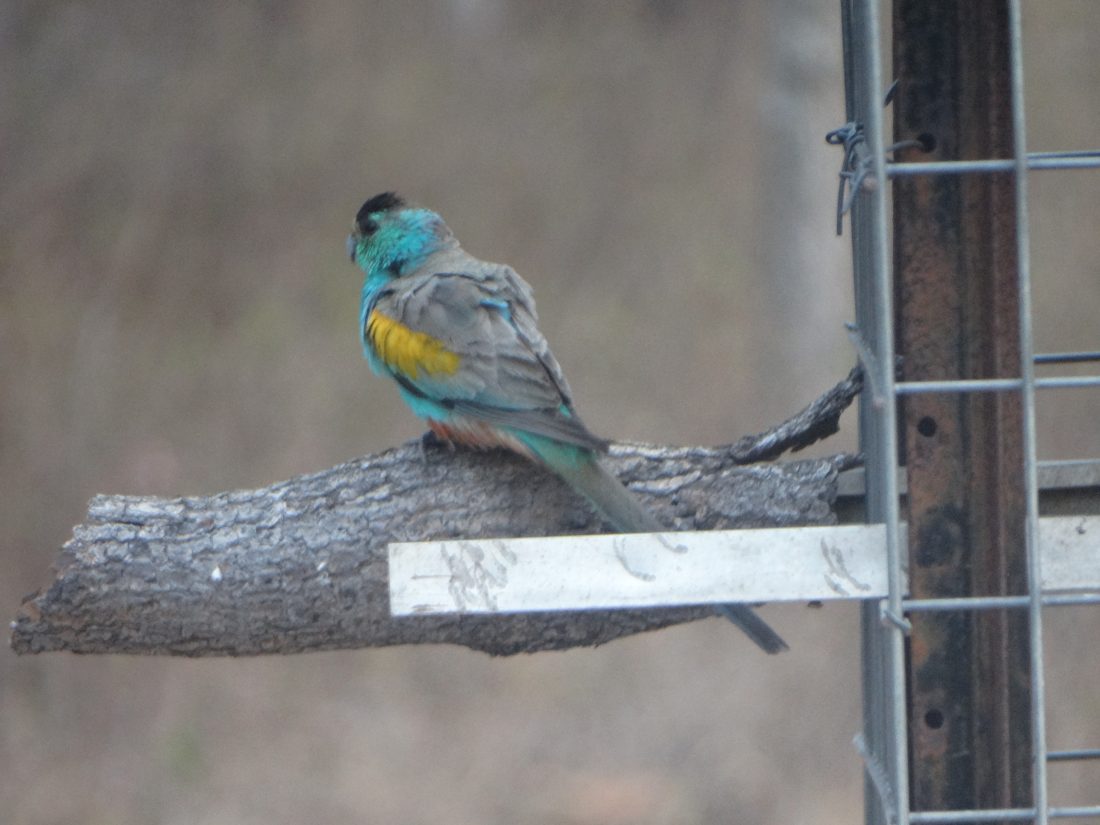Amyl & The Sniffers: Comfort To Me
Anger, as the punk formerly known as Johnny Rotten put it, is an energy. For Amy Taylor, singer for Melbourne band Amyl & The Sniffers, it’s a renewable resource. “It’s my currency,” she tells us on Guided By Angels, the rip-roaring opener from the band’s second album, Comfort To Me. An electric performer, Taylor crackles like a live wire with too much current running through it.
One can only imagine what Melbourne’s long lockdown, and not being able to perform, has done to the psyche of someone like Taylor. Comfort To Me gets it all out in an eruption that’s more intense, and much less playful, than their self-titled debut from 2019. Taylor’s voice is defiantly flat, yet more powerful – like a poetry slammer fronting the Cosmic Psychos, the Sniffers’ spiritual forebears.
In Taylor’s words, she’s a “little bit classy, bit of a rat”. But she’s no cartoon figure, and the lowbrow profanity of a song like Don’t Need A Cunt Like You To Love Me is no joke. Like much of Comfort To Me, it’s an expression of independence and confidence. “I’m a businesswoman, run my own company,” she spits. The Sniffers swing furiously behind her in defence: “She’s 10 out of 10 / You’re so-so / You think you can fuck with her?… Read more..
Amyl & The Sniffers: Comfort To Me Read More »
